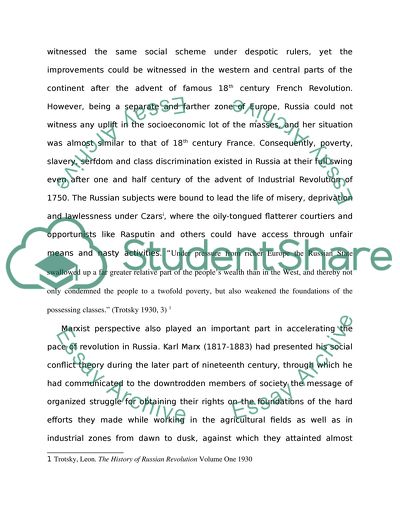Cite this document
(“Comparison between Russian and German Revolutions Essay”, n.d.)
Retrieved from https://studentshare.org/history/1427264-comparison-between-russian-and-german-revolutions
Retrieved from https://studentshare.org/history/1427264-comparison-between-russian-and-german-revolutions
(Comparison Between Russian and German Revolutions Essay)
https://studentshare.org/history/1427264-comparison-between-russian-and-german-revolutions.
https://studentshare.org/history/1427264-comparison-between-russian-and-german-revolutions.
“Comparison Between Russian and German Revolutions Essay”, n.d. https://studentshare.org/history/1427264-comparison-between-russian-and-german-revolutions.


